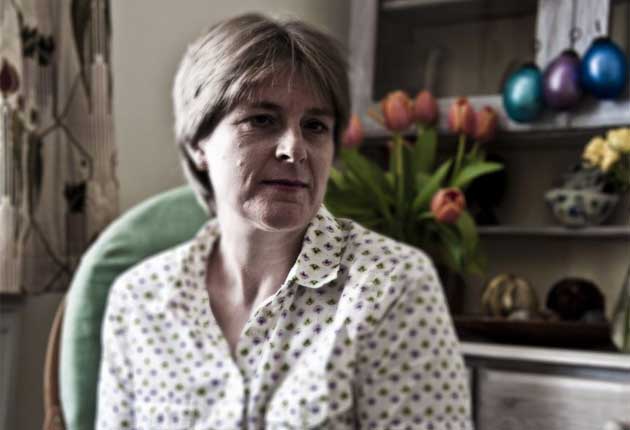Energy price rises put a fifth of households in fuel poverty

A million extra households have been pushed into fuel poverty in the space of just a year as rising prices cripple family budgets.
The rise leaves almost a fifth of households in the UK in fuel poverty, the point at which at least 10 per cent of a household's income is spent on heating.
Big increases in the cost of gas and electricity, rather than factors such as unemployment or falling income, have been cited by the Government as the prime reason for the increase. Figures released by the Department of Energy and Climate Change showed that 5.5 million households were in fuel poverty in 2009, the latest year for which statistics are available, compared to 4.5 million in 2008. Most – 4 million – were in England.
Of the 5.5 million homes judged to be in fuel poverty, 4.5 million of them are the homes of vulnerable people – the elderly, disabled, long-term sick and children. Having been brought down rapidly since 1996, the number of people in fuel poverty has been rising sharply since 2004 and at least another 100,000 households are expected to fall into it this year.
The Government was accused of underestimating the true scale of the problem by uSwitch.com, an online price comparison service. Ann Robinson, the website's director of consumer policy, said: "The Department of Energy's fuel poverty figures are out of date and out of touch with reality. They date back to 2009 whereas in fact 24 per cent, or 6.3 million households, are living in fuel poverty today."
Consumer Focus believes the number of households in fuel poverty will be as high as 6.4 million – 12 million people – after this year's price increases. Audrey Gallacher, the organisation's director of energy, said: "Fuel poverty levels are set to soar. Increasing energy costs create hardship for millions of the poorest pensioners, families and disabled people, leaving many cutting back on heating or other essentials."
In 2009 gas costs rose 14 per cent and electricity by 5 per cent, but just days ago British Gas, which last year had record profits of £742m, announced its prices are to rise this summer by 18 per cent (£121 per year for the average household) for gas and 16 per cent for electricity (£71). Scottish Power announced a similar increase last month and the other major suppliers are expected to follow suit, leaving the average annual dual fuel bill at £1,450, a 50 per cent increase since 2007.
The main suppliers blame the increases on rising wholesale prices. But Ofgem, the regulator, says it has evidence that energy providers increase prices faster than they reduce them.
Greg Barker, the Climate Change minister, said: "I know rising energy prices are hitting households hard. These new figures show the old policies to help the most vulnerable were not working."
Case study: 'I now have nothing left to give up'
Jayne Burnett
The rising fuel bills have hit Ms Burnett, 48, especially hard. As well as being blind, she has fibromyalgia, arthritis and Raynaud's syndrome – conditions which mean that she needs to keep warm to reduce the pain in her aching joints.
She lives in a rented ground-floor flat in Hampstead, north London, with her dog, Jonty, where she struggles to keep warm. "When it's too cold my body seizes up," she said. "If I didn't have my dog, I wouldn't have a reason to get up in the morning. I can't buy flowers, magazines, music... when you're asked to cut more and more money you no longer have a rounded life.
"For the past three years I've struggled with bills, to the point where the only other thing I buy is food. I have nothing left to give up. I'm not in an old building that wastes energy – I have double glazing and insulation round the doors. I've taken all the precautions.
"I get severe disability allowance, but last month my electric bill was £28 and my gas was £42. And that's guaranteed to go up in the winter. I sit in hot baths to get warm rather than keep the heating turned on, and at night I go without any heating at all – so I often wake up and my feet and hands have gone blue. Since I took these 'austerity measures', my health got worse."
Liam O'Brien
Join our commenting forum
Join thought-provoking conversations, follow other Independent readers and see their replies
Comments
Bookmark popover
Removed from bookmarks